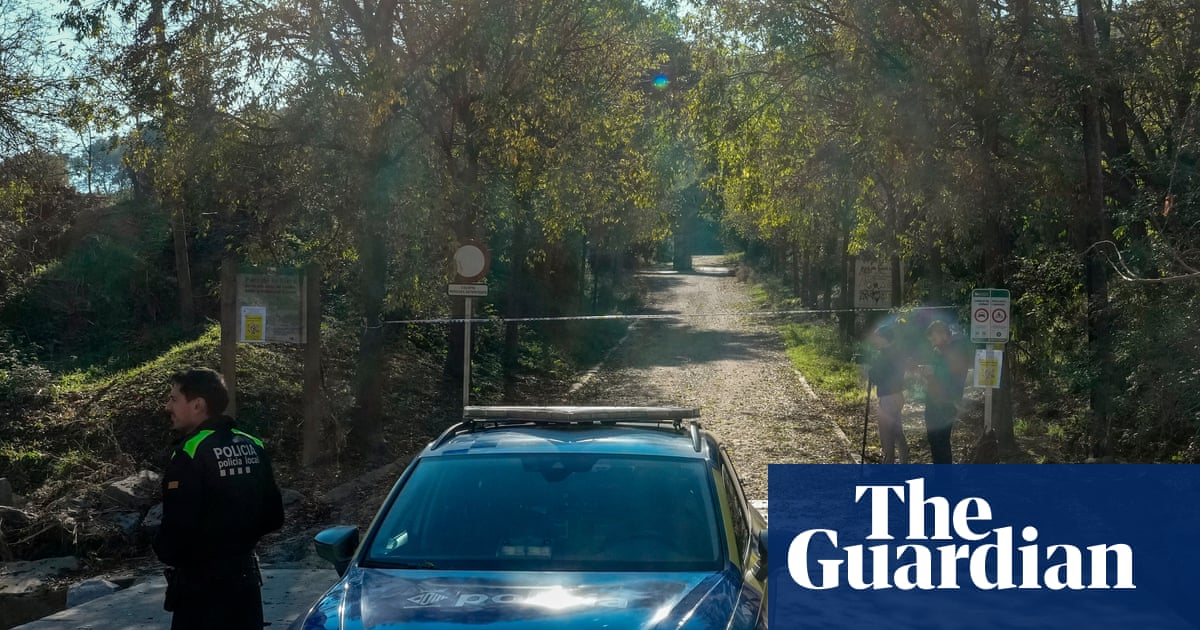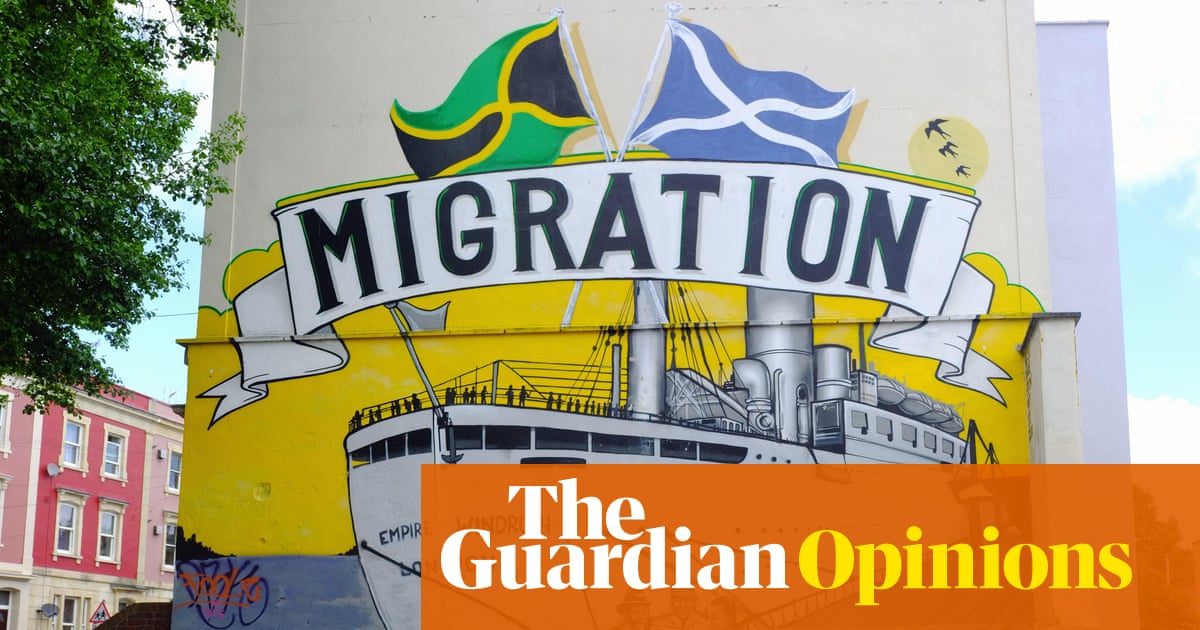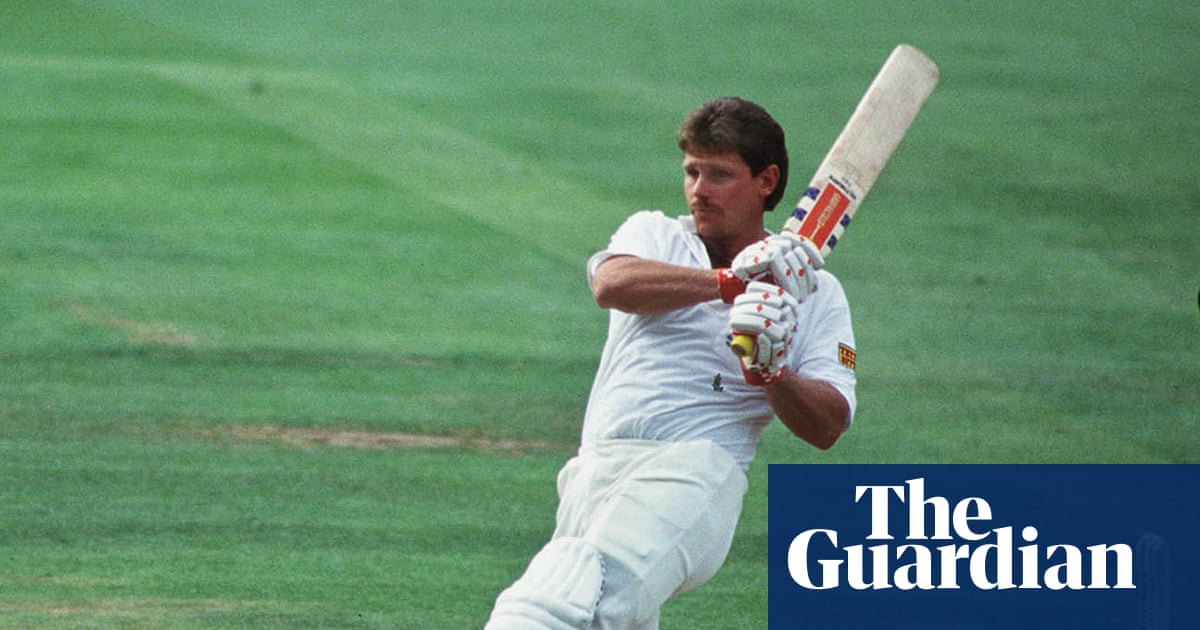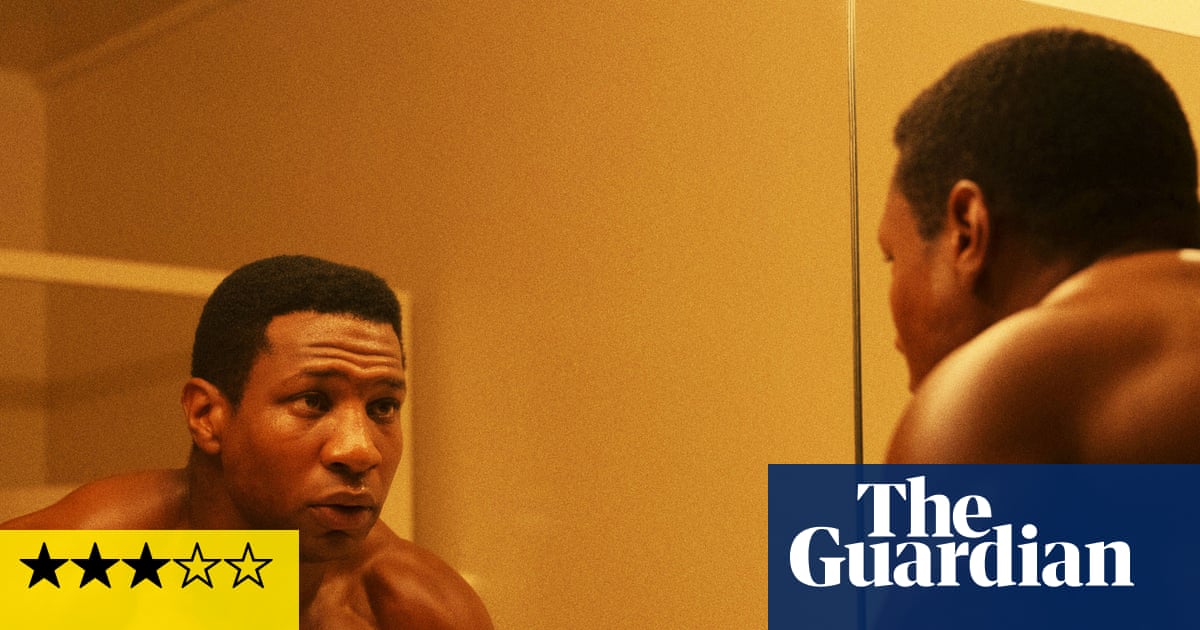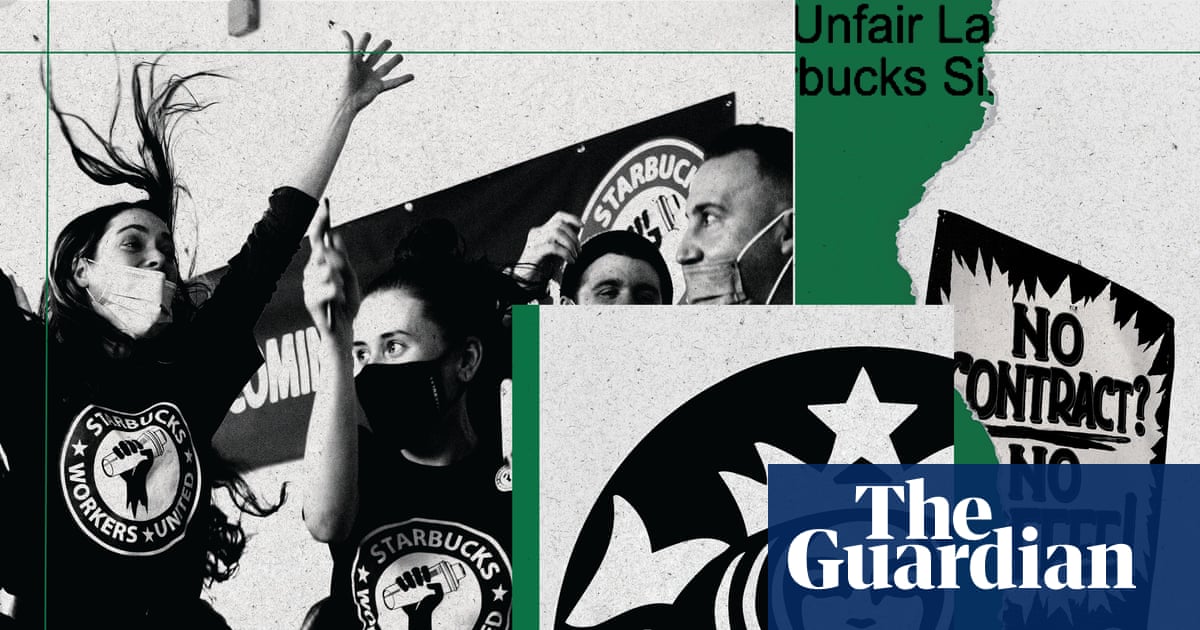Bridget Phillipson, No 10’s preferred candidate for deputy leader, recently called the two-child benefit cap “spiteful”. Andy Burnham, the mayor of Greater Manchester, labelled it “abhorrent. Teaching unions wrote a letter last week condemning it as “cruel”. At last, it appears that the days of this malign Conservative policy are numbered, with rising expectations that the strict two-child rule will be relaxed in this autumn’s budget, when the delayed child poverty strategy is also due.
The harms of rising child poverty stretch far beyond its immediate effects on children growing up in deprivation. Labour ministers know this. Improving the life chances of children from less privileged backgrounds has always been a core aim of social democratic politics. Growing up without enough food, space or opportunities, including education, causes lasting damage and holds back communities as well as individuals.
The return of widespread hunger, leading to the rise of food banks, was perhaps the single most corrosive consequence of austerity. Twenty years ago, it would have been hard to imagine large-scale food handouts becoming normalised to the extent that they have been. The latest figures showed that 4.5m children in the UK were defined as living in poverty in the year to April 2024, an increase of 100,000 on the year before – with Scotland the only part of the UK that is predicted to buck the trend over this parliament.
The cap, which restricts the child-linked element of universal credit to a family’s first two children, is not the only reason for the shameful decline in the poorest households’ living standards. But its removal would lift around half a million children out of poverty straight away. At a discussion hosted by Child Poverty Action Group at Labour’s conference on Monday, the message to the newly appointed minister for early years education, Olivia Bailey, could not have been clearer: hurry up.
So far, the government’s efforts to help the poorest children have mainly involved additional services: new breakfast clubs, a Best Start programme modelled on New Labour’s Sure Start – though on a far smaller scale – and increased eligibility for free school meals. But welcome as such initiatives are, the underlying problem is incomes.
Dismayingly, if not surprisingly given this government’s past form, it appears that rather than simply scrapping the two-child limit, Rachel Reeves is considering a range of options including a taper, so that subsequent children would qualify for benefit payments at a lower rate. Pressure from backbenchers and from outside parliament will have to be kept up if she is to be persuaded to get rid of it altogether.
She and her colleagues should also look beyond this single, totemic policy. Child poverty rightly enjoys special status among campaigners, but it must not be seen in isolation. The two-child limit was part of a suite of Tory anti-welfare policies including the overall benefit cap and the cap on housing payments, which means that families relying on benefits for rent are priced out of more prosperous areas.
Other policies besides uncapping payments will be needed to address the problem of entrenched poverty. As Angela Rayner and Mr Burnham have argued, more social housing is essential both to make families more secure and reduce the power of landlords to set prices. But while lifting the two-child limit must not be viewed as an end point, it would be a significant both in itself and as a signal of progressive intent. It should have happened already.
-
Do you have an opinion on the issues raised in this article? If you would like to submit a response of up to 300 words by email to be considered for publication in our letters section, please click here.

 2 months ago
71
2 months ago
71









